Understanding Metamask: How Seed Phrases Reproduce Subsequent Accounts
Metamask is a popular decentralized application (dApp) that allows users to store, manage, and transfer tokens and assets across blockchains. One of the key features of Metamask is its ability to create a deterministic private key for each account, which can be used to recreate subsequent accounts. In this article, we’ll dive into how seed phrases work in Metamask and explore their implications.
What is a seed phrase?
A seed phrase is a series of words that are randomly generated using a cryptographic algorithm. When you create an account on a blockchain platform, such as Ethereum or Binance Smart Chain, the system generates a unique private key for your account. This private key can be thought of as a “master token” that unlocks access to multiple accounts.
How does the passphrase replicate subsequent accounts?
The passphrase is a key component in Metamask’s approach to creating deterministic accounts. It works like this:
- Generating a private key: When you create an account on a blockchain platform, the system generates a private key for your account using a cryptographic algorithm.
- Generating a passphrase: The private key is then converted into a passphrase by combining several words or phrases. This is typically done to ensure that each subsequent account created from the same private key has the same characteristics and properties as the original account.
- Generating a deterministic private key: Each time an account is created using Metamask, a new passphrase is randomly generated. The resulting deterministic private key for the account can be recreated by concatenating the passphrase with the corresponding public key.
How does it work?
Let’s consider an example that illustrates how it works:
Let’s say you created an Ethereum account with the following passphrase: 3x9w2qGzFvVfXeAqEj8TmKu. When you create a new MetaMask account using this passphrase, Metamask generates a deterministic unique private key for that account.
To recreate subsequent accounts from the same private key, you would concatenate the passphrase with the public key. For example:
3x9w2qGzFvVfXeAqEj8TmKu (passphrase) + 0x1234567890abcdef (public key)
The resulting chain will be a new private key that can be used to create another account on the same blockchain platform.
Implications and Limitations
While passphrases provide a basic level of security for Metamask accounts, they also have some limitations. For example:
- Passphrases can be reused
: As mentioned earlier, each time you create a new account using the same passphrase, a new deterministic private key is generated. This means that if you reuse the same passphrase across different blockchains or accounts, you will end up with a different private key for each subsequent account.
- Public keys are still required
: While you can recreate additional accounts from the same private key, the public keys will always remain unique. If two separate accounts have the same private key but different public keys, only one account will have access to them.
Conclusion
Using Metamask passphrases provides a robust and secure way to manage multiple accounts across different blockchain platforms. By generating deterministic private keys from random passphrases, Metamask ensures that each subsequent account has the same characteristics as the original account. While there are some limitations and implications to consider, passphrases remain a fundamental part of Metamask’s approach to decentralized application governance.
